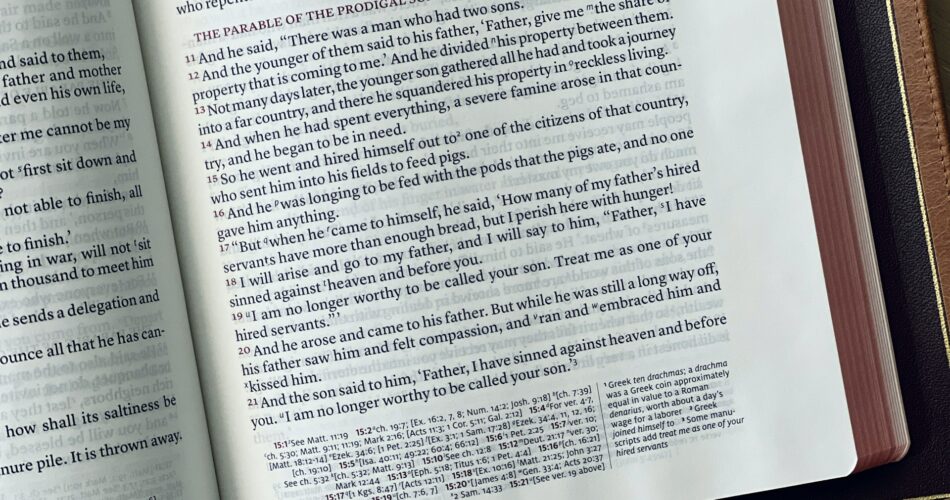Historic Church Wins Major Preservation Award
A historic African American church in Alabama, known for its significant role in the Civil Rights Movement, has been recognized for its efforts in preserving its heritage. The Sixteenth Street Baptist Church in Birmingham received the Trustees’ Emeritus Award for Historic Site Stewardship from The National Trust for Historic Preservation on Monday. This honor highlights the church’s commitment to maintaining and renovating its historically significant property, which was the site of a tragic Ku Klux Klan bombing in 1963 that claimed the lives of four young girls.
The National Trust praised the church for its successful restoration initiatives, noting that it has become a prominent example of cultural revitalization and social activism. Today, Sixteenth Street Baptist Church not only serves its community but also attracts over 100,000 visitors each year. These guests come to explore the church’s redesigned educational facilities and multimedia museum, which address both the bombing and its broader historical context, as well as celebrate the architectural beauty designed by African American architect W. A. Rayfield.
The church’s pastor, Rev. Arthur Price Jr., expressed gratitude for the recognition, emphasizing the sanctuary’s sacred significance and its ongoing legacy within the Birmingham community. This acknowledgment was also celebrated by the Alabama African American Civil Rights Heritage Sites Consortium, whose board member, Ted Debro, accepted the award on behalf of the congregation. The Consortium highlighted the church’s enduring influence in civil rights history and its role as a national landmark of hope and remembrance.
The Sixteenth Street Baptist Church has a storied past, notably coordinating civil rights efforts during a turbulent period in American history. The 1963 bombing was a pivotal moment that exposed the city’s racial tensions and ignited further activism. The attack not only resulted in the tragic deaths of four girls—Denise McNair, Carole Robertson, Cynthia Wesley, and Addie Mae Collins—but also galvanized sympathy and support from across the globe, leading to significant financial contributions for the church’s restoration.
In recognition of the tragedy’s enduring impact, Birmingham and the church held events last September to mark the 60th anniversary of the bombing. These commemorative activities featured speeches from notable figures, including U.S. Supreme Court Justice Ketanji Brown Jackson, the first Black woman to serve on the nation’s highest court, emphasizing the church’s ongoing role in inspiring and educating future generations.
